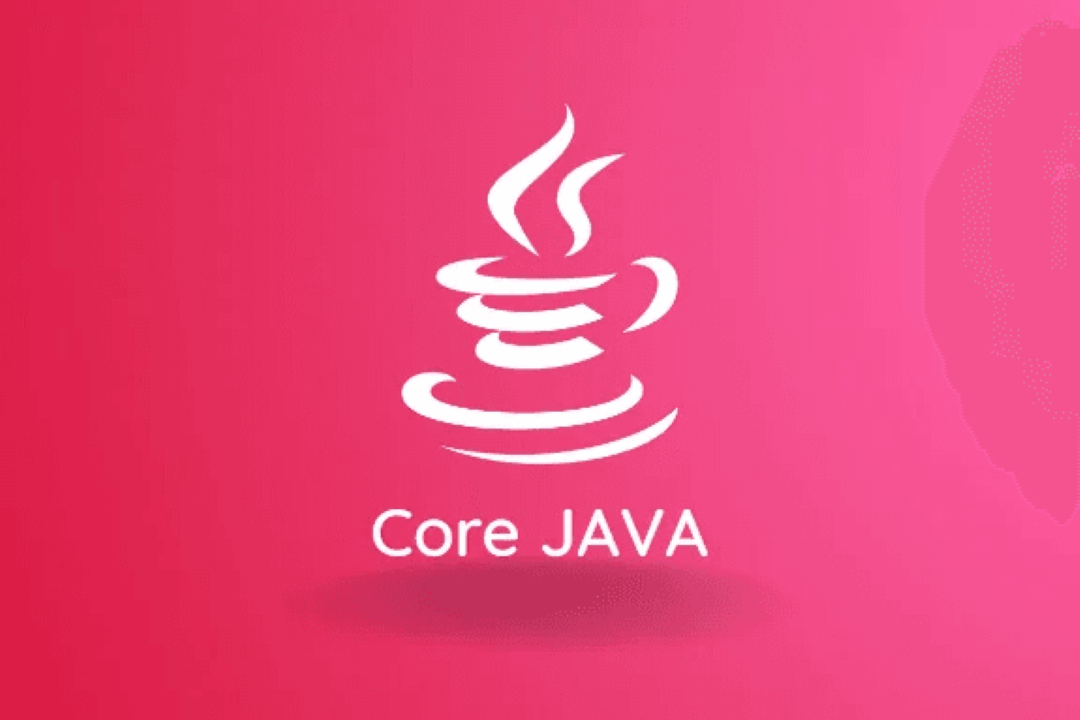Why Java Is Not 100 Object Oriented
Analyzing the Object Oriented Features of Java
Why Java Is Not 100 Object Oriented
While Java is considered to be an object-oriented programming language, it is not fully 100% object-oriented due to the presence of primitive data types like int and float, which are not objects. However, this design choice actually offers a balance between performance and convenience. By allowing primitive data types, Java can optimize memory usage and performance for certain operations, making it more efficient in certain cases compared to languages that are strictly object-oriented. Additionally, this feature makes Java more approachable for beginners and more practical for a wide range of applications.
To Download Our Brochure: https://www.justacademy.co/download-brochure-for-free
Message us for more information: +91 9987184296
1 - Primitive Data Types: Java includes primitive data types (int, double, boolean, etc.) that are not objects. These data types do not have associated methods or member variables like objects do.
2) Static Methods: Java allows the creation of static methods that belong to the class itself and not to any specific instance of the class. This deviates from the pure object oriented principle where all methods are instance methods.
3) Encapsulation: Java does support encapsulation through access modifiers like public, private, and protected. However, it also allows access to variables through getter and setter methods, which can break encapsulation principles.
4) Inheritance vs Composition: Java supports inheritance where a class can inherit attributes and behaviors from another class. However, there is a limitation with multiple inheritance as a class can only inherit from one superclass.
5) Immutability: Java has immutable classes like String where the value cannot be changed once it is set. This can be seen as a deviation from object oriented principles where objects should be able to change their state.
6) Primitives vs Objects: Java treats primitive data types differently from objects, leading to a distinction between the two in terms of behavior and usage.
7) Garbage Collection: Java manages memory using garbage collection, which can lead to some objects being destroyed automatically by the system. This automatic memory management deviates from pure object oriented concepts where objects are expected to manage their own memory.
8) Exception Handling: Java uses exception handling mechanisms which are not purely object oriented. Exceptions are not objects in Java, and this can be seen as a departure from the principles of object orientation.
9) Control Structures: Java includes control structures like loops and conditional statements that are not part of object oriented programming but are necessary for procedural programming.
10) Primitive Wrappers: Java provides wrapper classes for primitive data types (Integer, Double, Boolean) to convert primitives into objects. This introduces a hybrid approach mixing primitives and objects in the language.
11) Type Casting: Java allows type casting between primitive data types and objects, blurring the line between pure object oriented programming and procedural programming.
12) Static Variables: Java supports the use of static variables that are shared across all instances of a class. This breaks the encapsulation concept as static variables are not tied to a specific object instance.
13) Singleton Pattern: Java supports the implementation of the Singleton design pattern which enforces that a class has only one instance. While this is a common practice in Java, it can sometimes lead to design issues regarding object oriented principles.
14) Interfaces: Java uses interfaces to define a contract for classes to implement. While interfaces promote polymorphism and abstraction, they are not strictly tied to the object oriented paradigm as they do not contain implementations.
15) Operator Overloading: Java does not support operator overloading, which is a feature in some object oriented languages. This limitation can impact the flexibility and expressiveness of the language in an object oriented context.
By enrolling in our training program, students can gain a comprehensive understanding of Java programming, including these nuances that make it not entirely object oriented. Our courses cover essential concepts, best practices, and real world applications to equip students with the skills needed to succeed in Java development. With hands on projects and experienced instructors, our training program ensures that students are well prepared to tackle Java programming challenges and excel in their careers.
Browse our course links : https://www.justacademy.co/all-courses
To Join our FREE DEMO Session: Click Here
Contact Us for more info:
- Message us on Whatsapp: +91 9987184296
- Email id: info@justacademy.co
Tableau Experience Interview Questions
Difference Between Manual And Automation Testing
How to Connect MongoDB with React JS












